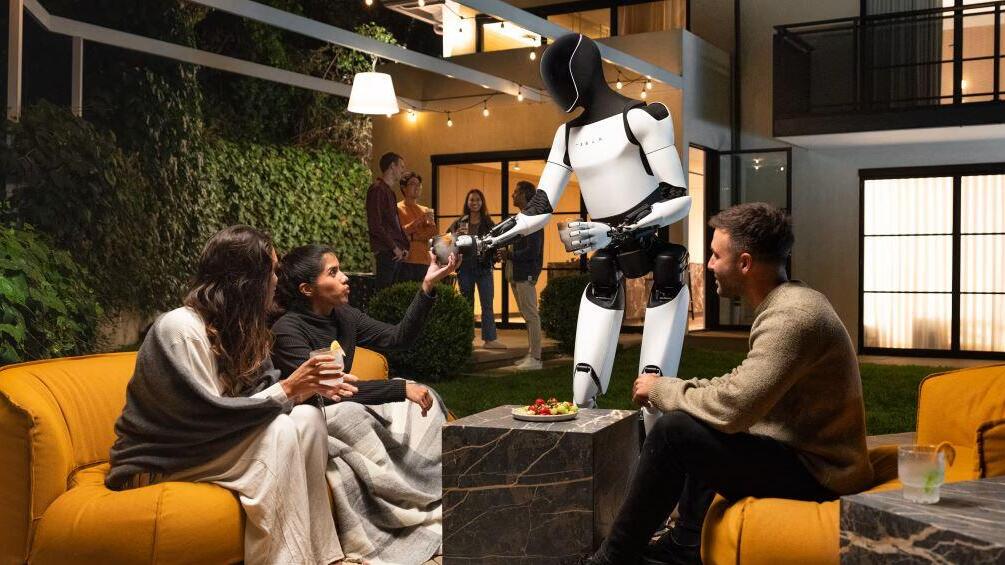Facebook, WhatsApp and Instagram parent company Meta is setting its gaze on the humanoid robotics sector, according to a Bloomberg report.
The company plans to invest heavily in AI-powered robots, following in the footsteps of Apple — rumored to be working on several projects in the field — and Tesla, whose "Optimus" robot has already sparked controversy.
The report detailed that Meta has formed a new team within its Reality Labs hardware division to lead the initiative. The team will focus on developing hardware for humanoid robots, initially targeting household tasks. However, the broader goal is to create AI systems, sensors and software that can also be used by other robotics companies.
Meta has already begun discussions with various robotics firms, including Unitree Robotics and Figure AI Inc. While the company doesn't plan to develop a robot under its own brand in the initial phase, Bloomberg reported that this could be a future possibility.
The new team is expected to be led by Mark Whitten, who recently stepped down as CEO of General Motors' autonomous vehicle division, Cruise. Meta's chief technology officer, Andrew Bosworth, stressed that advancements in AI, combined with Reality Labs' capabilities, will help the company move forward in robotics.
Meta's ultimate goal appears to be establishing a platform for the robotics industry, similar to how Google's Android OS and Qualcomm's chips serve the smartphone market. The company plans to invest at least $65 billion this year in related products, including AI infrastructure and its new robotics initiative.
Meta's robotics push aligns with a broader trend among tech giants exploring the field. Apple is reportedly considering humanoid and non-humanoid robots for its smart home ecosystem, even teasing a robotic arm concept.
Get the Ynetnews app on your smartphone: Google Play: https://bit.ly/4eJ37pE | Apple App Store: https://bit.ly/3ZL7iNv
Meanwhile, Elon Musk's Tesla has announced plans to produce thousands of "Optimus" humanoid robots for its factories, claiming they could generate over $10 trillion in long-term revenue.
Despite Musk's enthusiasm, however, Tesla has yet to present a truly autonomous robot. The Optimus models showcased at a Tesla event months ago were reportedly remote-controlled rather than fully independent.
Meta, in contrast, appears to be further along. While it hasn't unveiled a humanoid robot, it has demonstrated progress through its PRTNR project, revealing a dog-like robot similar to Boston Dynamics' models. The robot can autonomously follow natural language commands.
PRTNR uses large language models (LLMs) to reduce errors and can understand 100,000 natural language tasks designed to explore complex reasoning. These tasks train models using human demonstrations based on simulations, making them more adaptable and efficient in understanding and executing commands.
That said, Meta acknowledged the challenges ahead, saying, "While humans are able to solve 93% of PARTNR tasks, SoTA LLMs can only successfully complete 30%." This gap underscores the difficulty of developing robots that can seamlessly and effectively work alongside humans.
The rising interest in robotics highlights its potential impact across industries, from household assistance to manufacturing. For now, however, Meta seems to be a step ahead of at least two of its competitors in terms of project maturity and available development resources.



